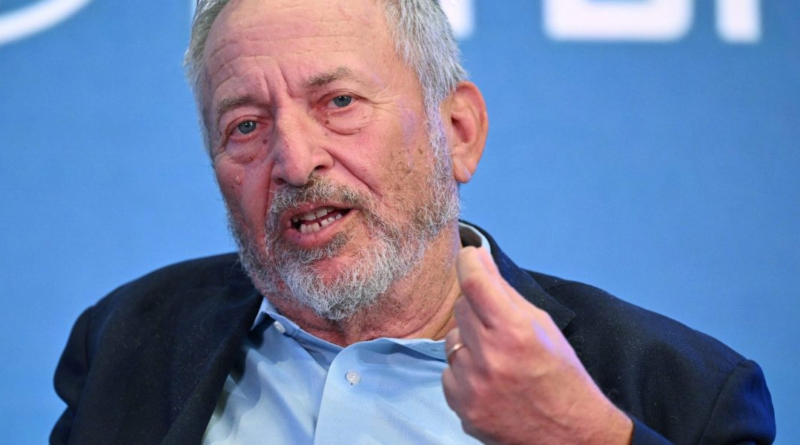Will Trump’s economic policies really cause ‘the mother of all stagflations’? Here’s what experts say
Harvard economist and former Treasury Secretary Larry Summers fears Trump’s economic proposals and penchant for trade wars could lead to a serious bout of stagflation—the toxic combination of high inflation and low growth that wreaked havoc on the U.S. economy in the 1970s.
The Federal Reserve has been hoping to prevent this scenario with its policies for years now, but that work could be undone with a few swipes of the pen, at least according to Summers.
“Trump’s tax proposal to replace a major amount of income-tax revenue with tariffs is a prescription for the mother of all stagflations,” the economist wrote in a June 15 tweet. “It burdens the middle class and the poor who purchase goods on international markets. It would also create worldwide economic warfare.”
Trump has said that if he’s re-elected this November, he will impose a 10% tariff on all products imported into the U.S., while also slashing the corporate tax rate from 21% to as low as 15%.
Summers didn’t pull any punches in his critique of that economic agenda last week, warning that Trump’s tariff proposals are likely to cause a significant supply shock in the U.S. as foreign goods suppliers pull back on shipping products to the U.S. or raise prices amid a brewing trade war.
All of that will exacerbate inflation, and could force the Fed to hike rates even more aggressively. The fed funds rate is already at the highest level in 23 years. Summers even said he could see a scenario where mortgage rates surge above 10% for the first time since the 1980s if Trump’s tariffs go through.
“I don’t think there’s been a more inflationary presidential economic policy platform in my lifetime,” he told Bloomberg TV. “This is really dangerous stuff.”
To Summers’ point, the non-partisan Peterson Institute for International Economics found that Trump’s 10% tariffs on all imported goods, when coupled with the more hefty 60% proposed levy on Chinese imports, would cost the typical middle-class household roughly $1,700 a year in additional costs due to inflation.
Beyond the threat of aggressive tariffs and trade wars, Summers criticized Trump’s desire to curb immigration sharply at a time when an abundant labor supply has helped prevent significant wage pressures that can exacerbate inflation.
“And he’s for scaling back the subsidies to renewable energy, raising energy costs,” Summers added. “So look at it from demand, look at it from supply. This is a prescription for a major increase in inflation.”
However, Bob Elliott, a former Bridgewater exec who now runs Unlimited Funds, argued that only part of Summers’ forecast seems valid in his view. “Tariffs, at their core, are a regressive tax that is inflationary,” Elliott told Fortune. “But they’re also a modest support to U.S. economic conditions.”
Elliott argued that tariffs will, on the margin, bring some goods production back to the U.S. and mildly increase tax revenues. He also noted that Trump’s tax cuts will have a similarly stimulative effect for economic growth by boosting asset prices.
Still, while Elliott doesn’t foresee anything like the “mother of all stagflations” that Summers is predicting, he doesn’t believe Trump’s policies are the right choice in the current economic environment.
“It would have been a more appropriate set of policies when we were dealing with a low growth environment, with concerns about longer-term deflation,” the Wall Street veteran told Fortune. “We’re kind of in the opposite circumstances today, where growth is pretty good and inflation is too elevated. So the policy is just not consistent with the macroeconomic dynamics that are really in play today.”




